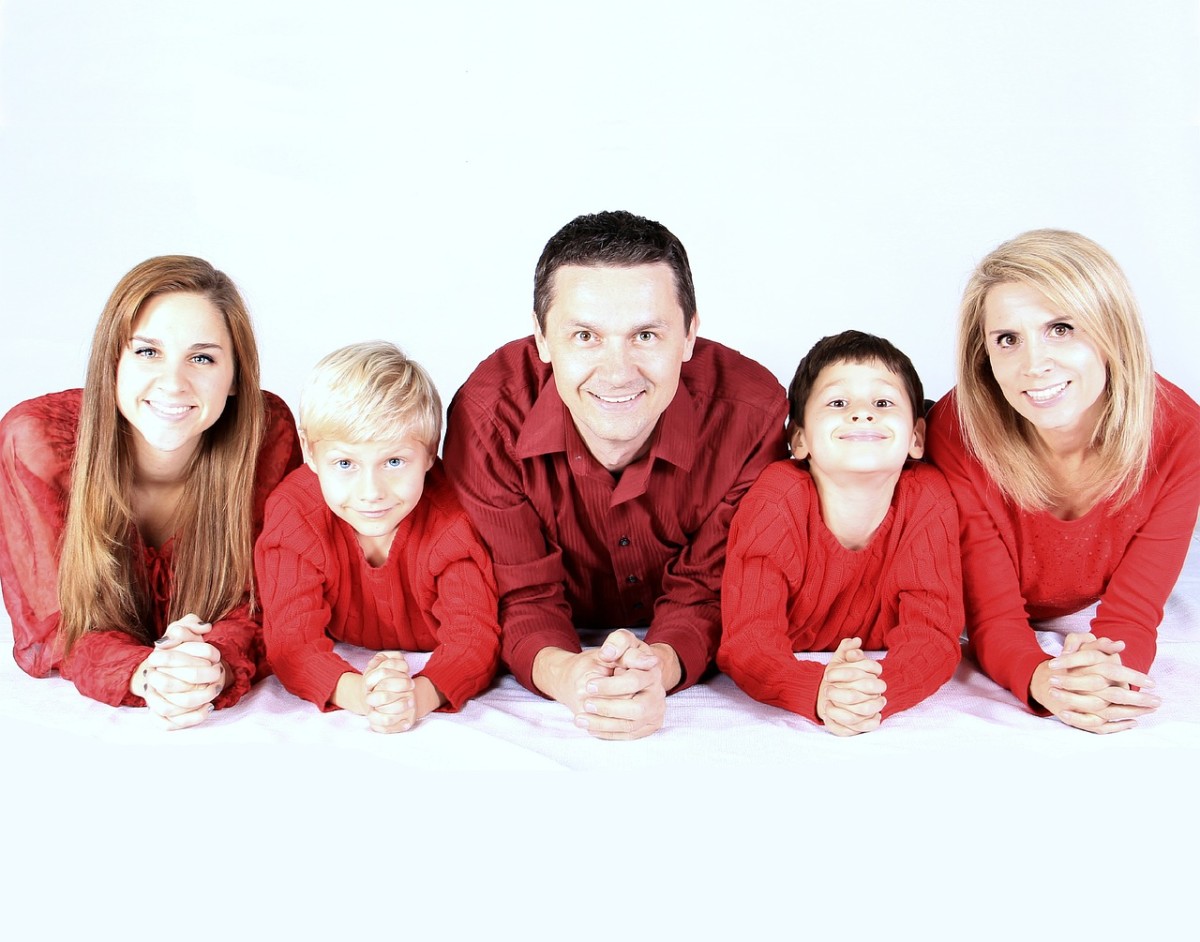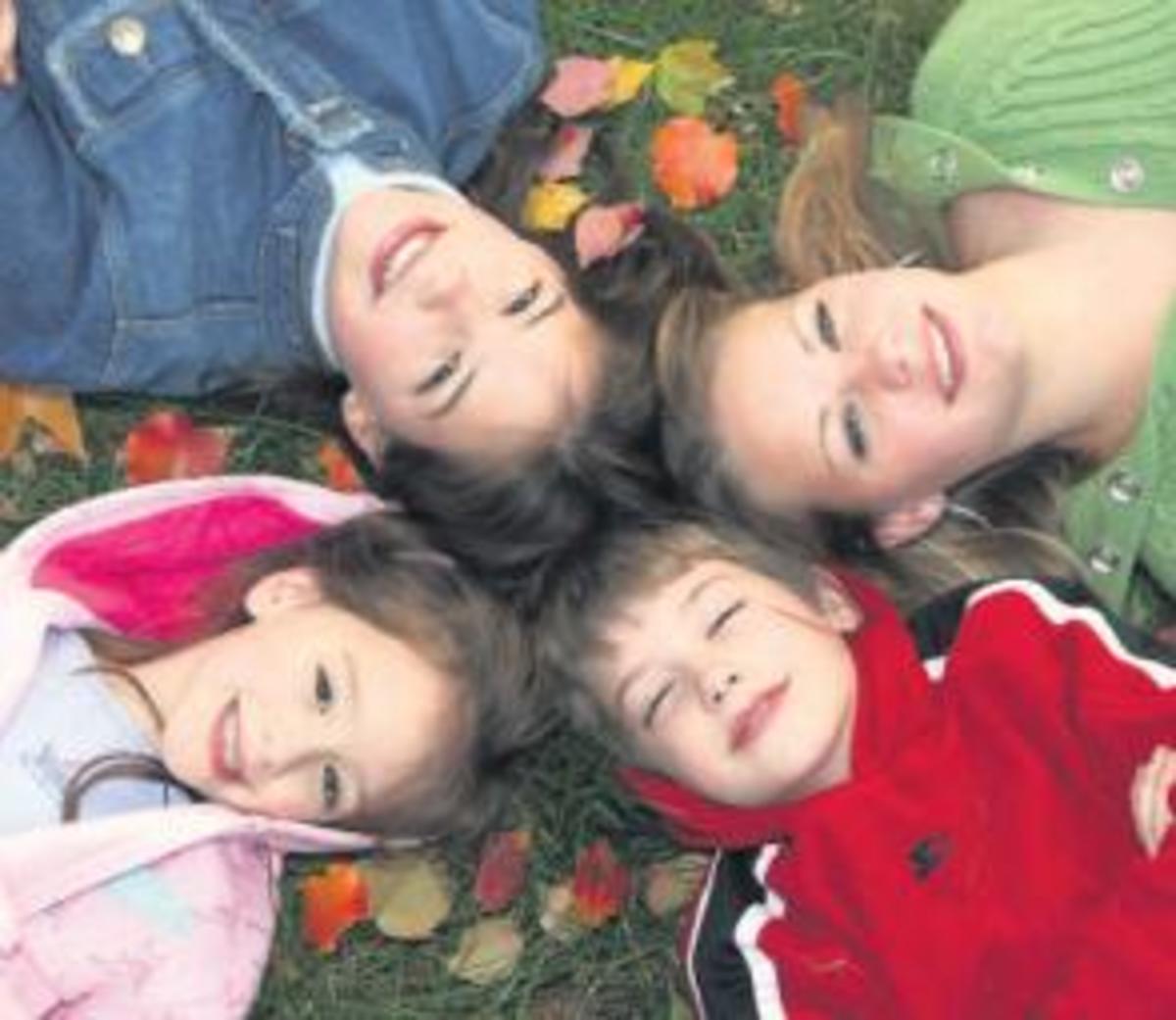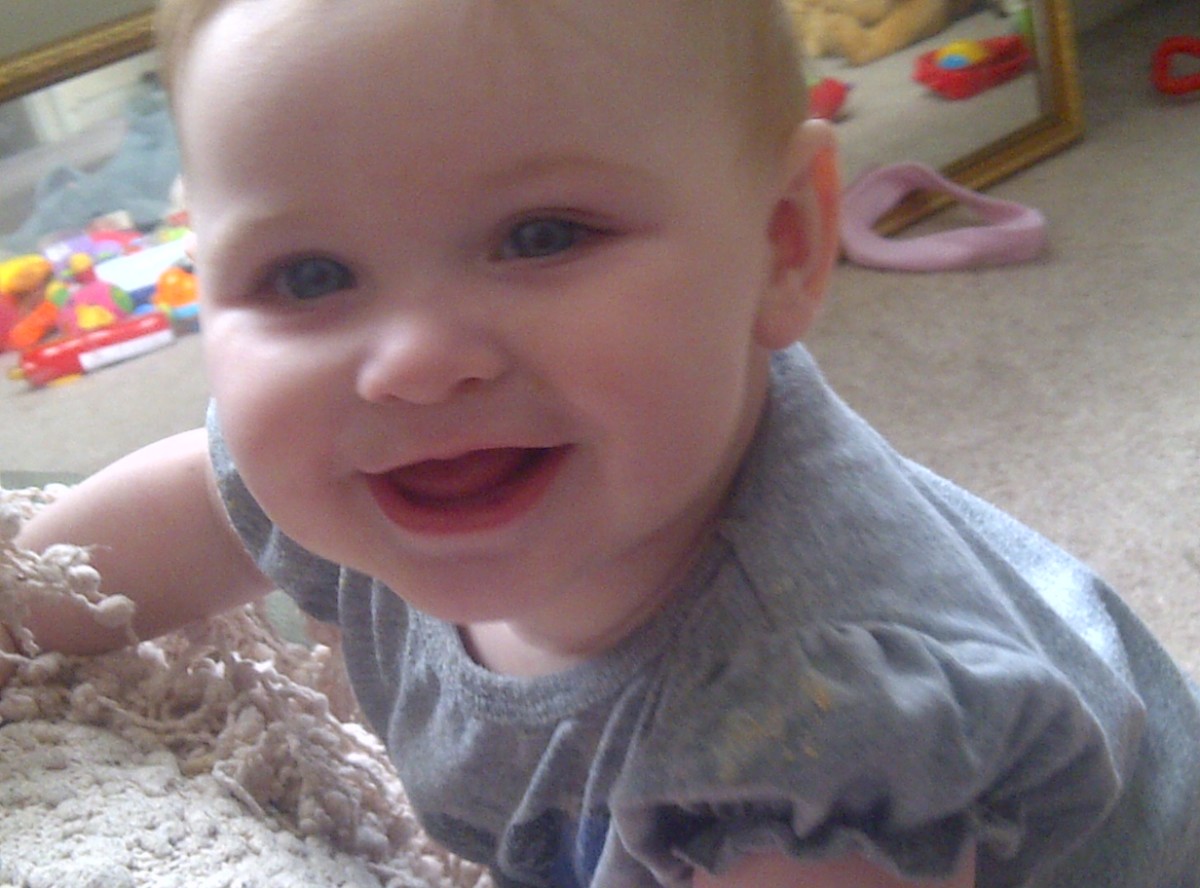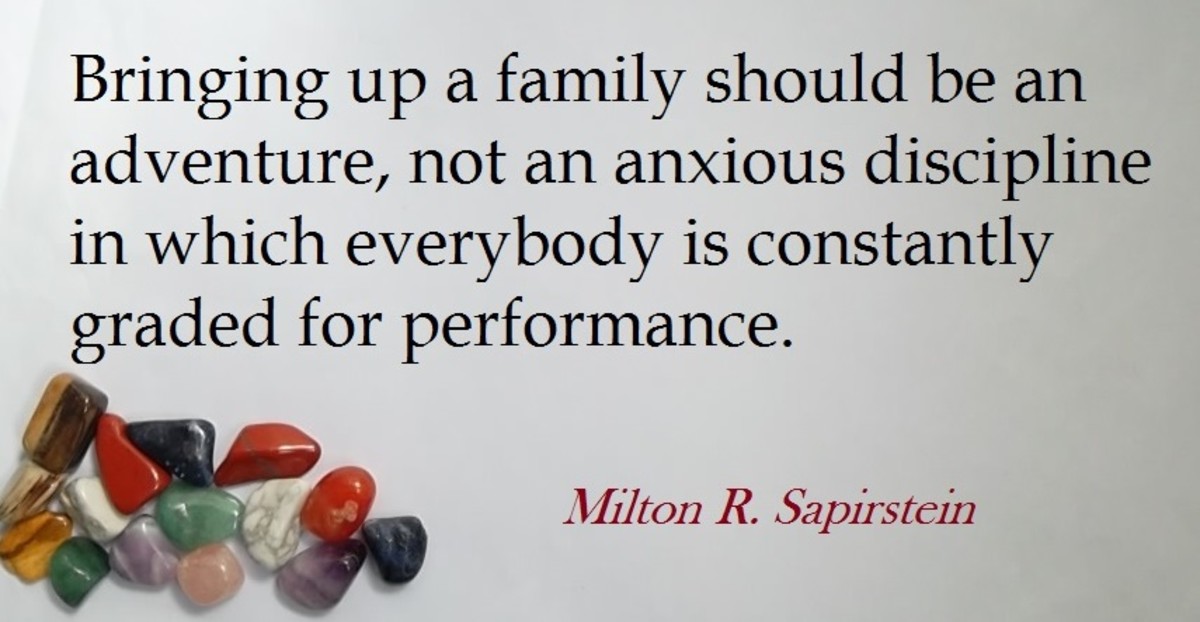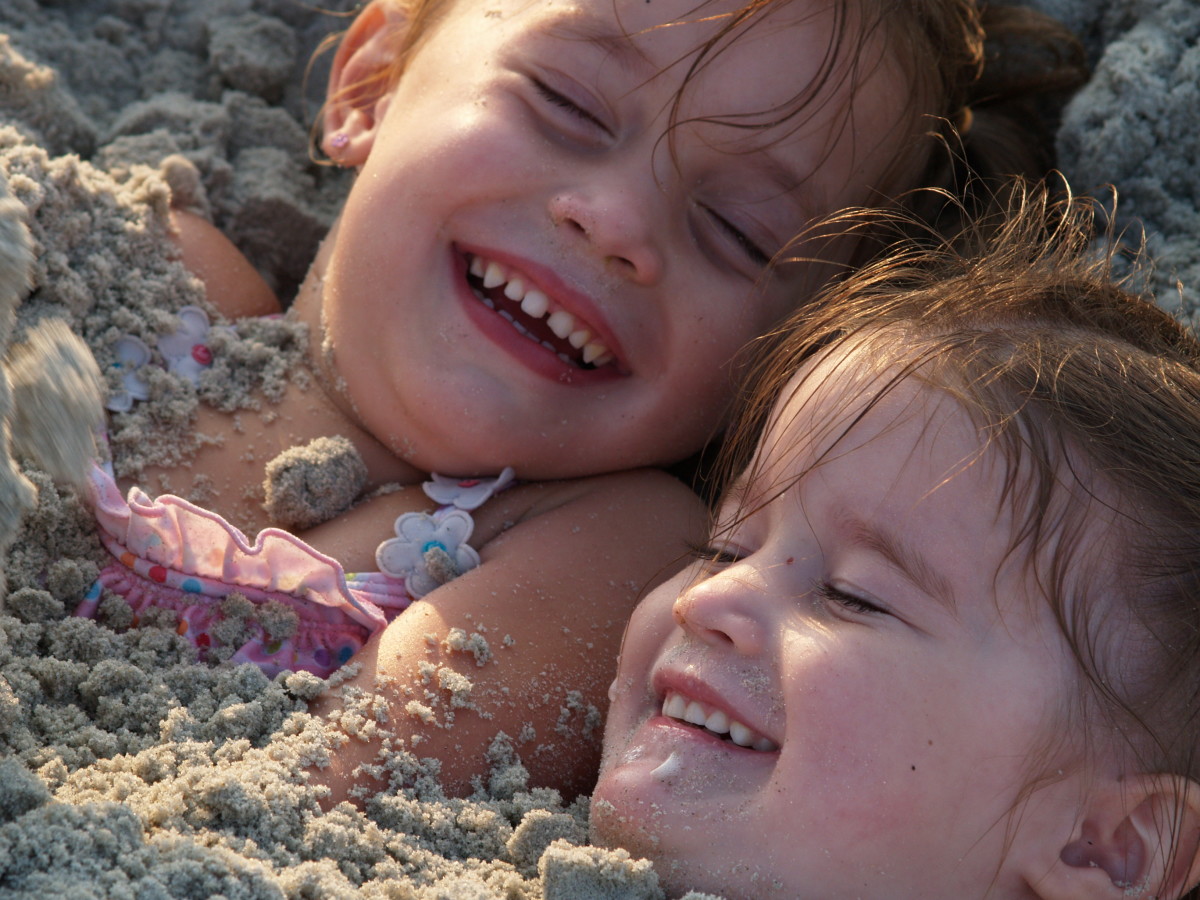Does Birth Order in the Family Truly Matter?
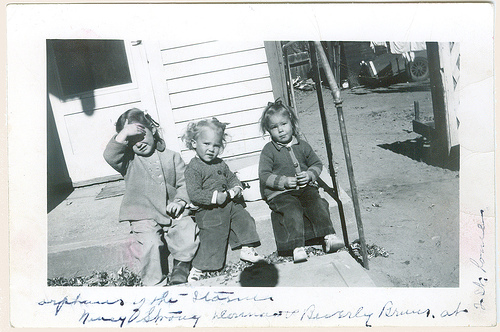
Birth Order Classifications
For many years, researchers and scientists have tried to determine exactly how a person's birth order shapes his or her personality. Paper after paper has been written that explains how each position in the birth order typically behaves, who each position is more likely to get along with, and how each position determines successful career paths. More time has been spent on the family with one to three children than on families with four or more children. Following are the main classifications of birth order and their typical characteristics. While the characteristics are typical, human nature and circumstance does allow for variation in some cases.
- The only child is one who grows up alone, without siblings or one who spends the majority of his or her childhood without siblings, only getting a brother or sister after main personality traits are formed. The only child typically is 'spoiled', is the center of attention, and expects to get his or her own way. The typical characteristics can be explained through family dynamics. The parents are able to place all attention and efforts on one child, so in essence the only child truly is the center of attention. The only child also expects to get his or her own way because there is no reason for him or her not to. There is no competition or competing needs and the only child's needs and wants come second to none.
- The first child is one who spends a small part of childhood as an only child. The first child at first receives all the love and attention and displays the only child characteristics. But then he or she quickly learns to share the love and attention. The oldest child typically is manipulating, controlling, bossy, responsible, and helpful. The oldest child is manipulating and bossy because he or she wants to retain a superior position to the other children in the household. He or she feels the need to be right all the time and will attempt to control younger siblings. The first child will also exhibit responsibility and a desire to help as related to the birth position. The parents may require more from the first born once a new baby arrives and the first born slips into the role of secondary caretaker.
- The second child is one who will not have more siblings throughout the rest of his or her childhood. Second children typically are in a competition to out-perform the older sibling and may even develop opposing behaviors to claim a different position in the household.
- The middle child is one who has an older sibling and a younger sibling. The middle child in this instance refers to the middle child of three children. Middle children are typically frustrated because they do not get special privilages that the oldest and youngest get. The middle child can also start to act out in order to secure more attention from parents. He or she may also become very adaptable because situations and rules are constantly changing.
- The youngest child is the baby of the family and may exhibit characteristics similar to the only child as well as holding onto baby tendencies throughout childhood. The youngest child typically expects others to act on his or her behalf, relishes the 'baby' position, and forms an alliance with the first born against the middle child.
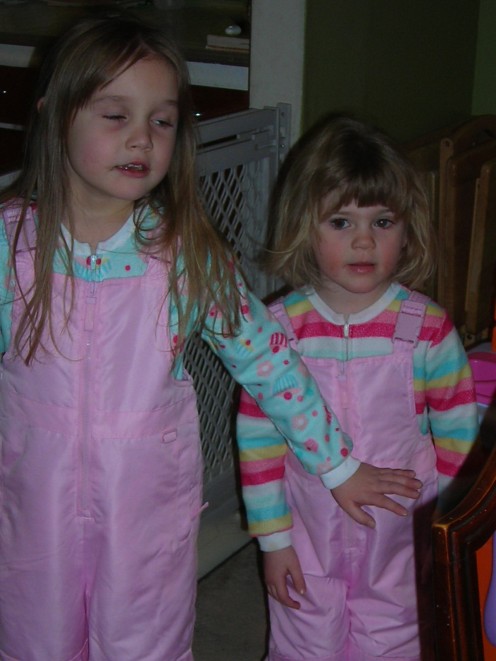
Supporting Information
- How Birth Order Affects Personality Traits
Recent sociological studies have shown that there is a direct correlation between the birth order of children within a family and the children's personality traits.
It Only Makes Sense
Birth order does indeed determine a child's personality and characteristics. It only makes sense if you think about it logically.
If a child is an only child, she will get 100% of the love, attention, and gifts. Who wouldn't be just a little self-centered in those circumstances?
The first born is going to be placed into a position in the household that is above the younger siblings. Naturally, the first born will inherit traits of responsibility when asked, "How could you let him do that when you were standing right there?"
The middle child will feel a little left out when the first child gets to stay at Grandma's overnight and the youngest child gets to sleep in Mommy's bed still. It's difficult to explain age to a child.
The youngest child will be inclined to exhibit baby behavior longer because it suits his position in the family. The first child will cater to the youngest child's demands and perpetuate the issue.
My findings do indeed point to the fact that birth order plays a huge role in the development of a child's personality.
My Experience with Birth Order
I find that birth order truly does matter on the grounds of other individuals' research and on the grounds of my own personal experiences.
My first born is highly intelligent, extremely responsible, and very bossy to her younger siblings. She feels a little resentment towards the second born because she stole some of the attention and affection. She has formed a strong alliance with the youngest child and caters to her every demand.
My middle child tends to float between being a big kid and wanting to be a little kid. She competes with her big sister to be the best and the fastest, yet she tries to hone in on some of the baby toys and privileges. She is very adaptable and goes with the flow most of the time.
My youngest child loves her position as the baby and has been fighting to stay in that position longer. She tries to get everyone else to do everything for her and throws a fit when she does not get her way. Most times, if Mom and Dad don't give in, my oldest child will.
I also know my position in the family and how it developed my personality. I have one older brother and I am the baby of the family. My brother is responsible, always keeps an eye out for me, and is a hard worker. I, on the other hand, am the baby and have held on to my 'baby' tendencies over the years. I am a little spoiled, I expect to get my way, and I will always let others do things for me if given the opportunity.


